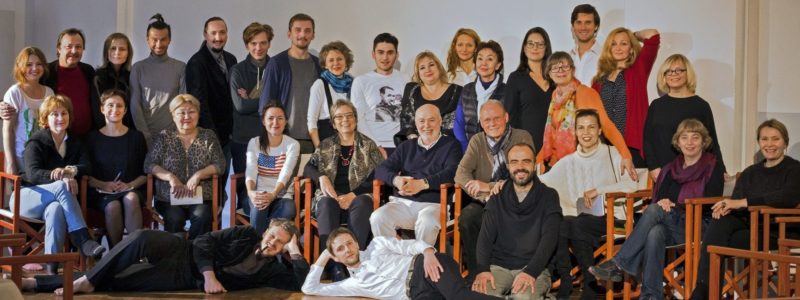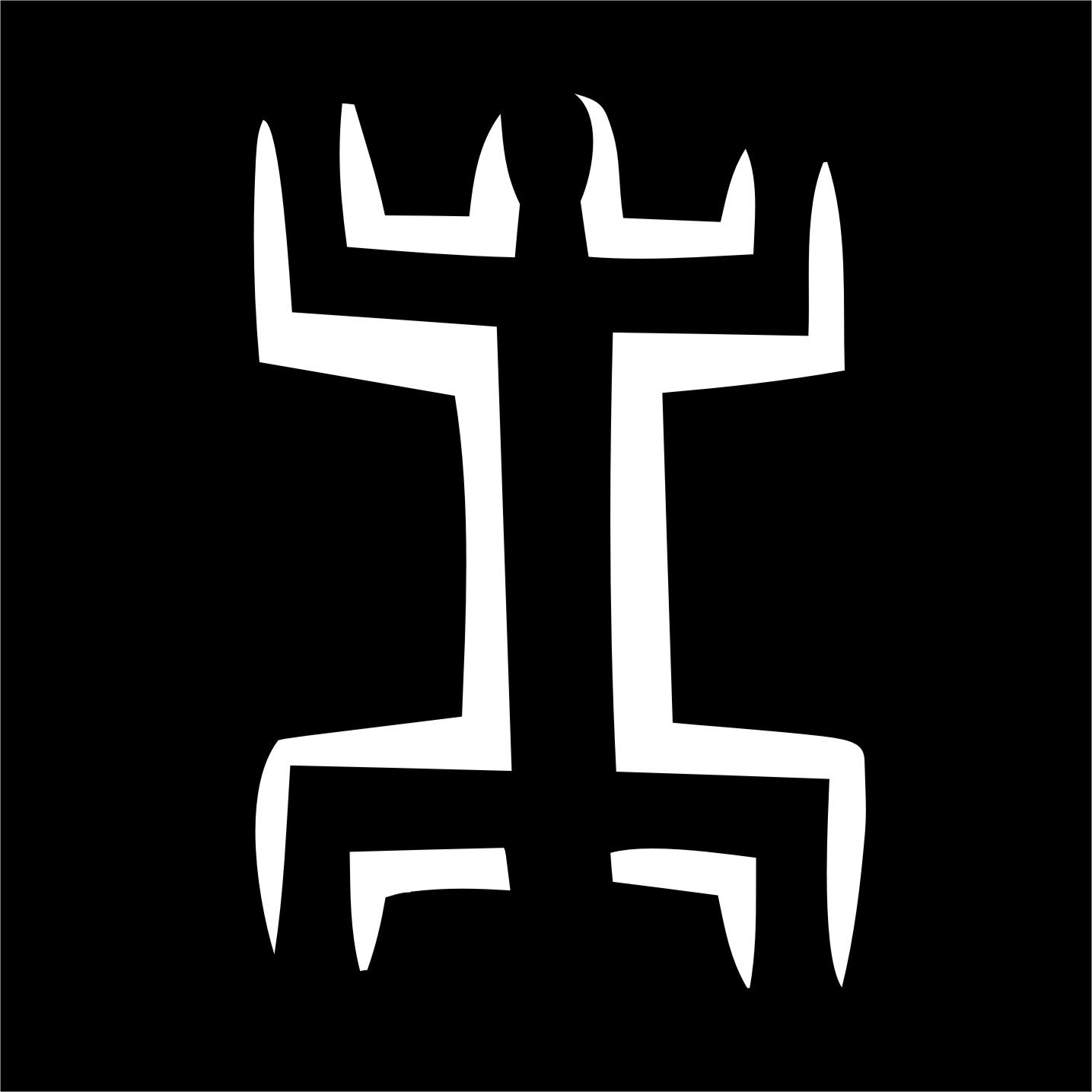
Since 1995, Dr Jurij Alschitz, along with both young and experienced directors and trainers, has been investigating the most relevant themes of the day and opening them up for practical application.
Whether as part of European research projects or in cooperation with academies and acting-/directing guilds, it is always about the innovation of new rehearsal and training methods, in short, about the theatre of tomorrow.
In retrospect, these first 12 years can be seen as a development phase for the Teaching Professional Theatre Practice Master Programme. Seminars for the advanced training of theatre teachers and directors were conducted in various places.
Since 2007, the International Directors’ and Trainers’ Colloquium has established itself as a regular gathering in the first week of January in Berlin. It has become a good custom of WTTI at the start of each year to meet up with old colleagues and to welcome new ones. It provides the opportunity to recharge batteries, grapple with new ideas and build new contacts with colleagues from all over the world. In the past, many of these new contacts have led to further artistic collaboration.
In 2018, we celebrated the XXV International Directors’ and Trainers’ Colloquium with the theme: The new Role of the Role.
After a break, we came back online in 2021.
We keept the online format enjoying the opportunity to meet more colleagues from all over world.
Themes
| 2022 |
The Basis of Quantum Pedagogy: Theory – Methodology – Training |
| 2021 |
Quantum Cognition – The emptiness of the role, the stage, the actor |
| 2018 | The new Role of the Role |
| 2017 | 40/40 A new dimension of theatre training |
| 2016 | The Theatre of the Sphere – approaching the HAIKU-Method |
| 2015 | The actor on the post-dramatic stage |
| 2014 | Training as Method |
| 2013 | Theatre Ethics from Stanislavsky till the present |
| 2012 | Theatre as Time Machine |
| 2011 | Words, Words, Words |
| 2010 | The Pause on Stage |
| 2009 | Part I – The Art of Analysis / Part II – The Art of Rehearsal |
| 2008 | Part I – Asking 40 Questions of one Play / Part II – The method “table–stage- table” |
| 2007 | The Art of Composition for Directors, Choreographers and Theatre Teachers |
